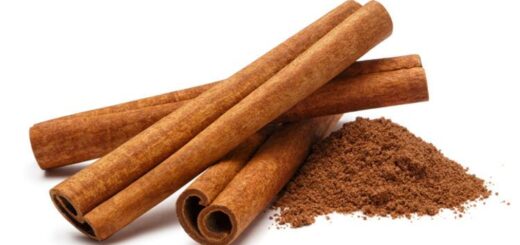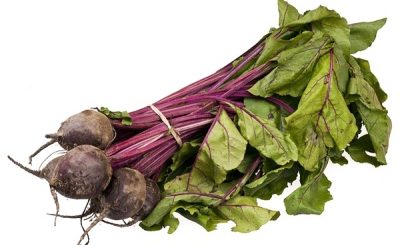8 Ways To Not Easily Get Thirsty While Fasting

The thirst that arises when fasting during Ramadan is a necessity.
The reason is, when fasting we practically do not get fluid intake and we continue to move throughout the day.
This thirst is usually also more obvious, especially when the weather is very hot or you have a lot of activities.
Here are some ways to get rid of thirst during fasting that can be tested so that worship runs more smoothly.
How to not get thirsty easily when fasting
How to prevent excessive thirst during Ramadan fasting can be done by slightly modifying your diet and daily routine. Quoted from several sources, here are some tips:
Avoid drinking too much at sahur
At dawn, try to drink in moderation. When you drink too much, you will urinate back and forth for several hours later. Drink a glass of water when you wake up, another glass before sahur, and another glass after breakfast.
Avoid high-salt foods at suhoor
High-salt foods such as preservatives, processed foods, pickles, and fast food can increase the body’s need for fluids and trigger thirst.
Set the right time for sahur
Do not eat suhoor before bed or at midnight, because the fasting time will be longer. Try to have sahur at least one hour before the Fajr call to prayer so that you have time to eat nutritious food and drink to provide for fasting throughout the day.
Sufficient fluid needs
Take advantage of the time after iftar until after tarawih to drink lots of water. Drinking enough during fasting is important to prevent dehydration, prevent constipation, and keep skin healthy from drying out.
Avoid caffeinated drinks
During fasting, minimize your intake of caffeinated beverages such as coffee, tea, chocolate, soda, or energy drinks. Caffeine has a diuretic effect or causes increased urine production, making you urinate more often.
Eat water -rich fruits and vegetables
Consumption of fruit and vegetables at least five servings per day is important for health, including during fasting. During fasting, choose water-rich fruits and vegetables such as watermelon, coconut water, oranges, cucumbers, tomatoes, pears, or apples.
Reduce intake of too sweet
High intake of sugar or all kinds of sugary foods and drinks can cause thirst. If you crave sugary foods or drinks, replace them with natural sources such as fruit.
Take care not to overheat
Exposure to excessive heat can trigger sweating, causing you to lose fluids and feel thirsty.
Try to limit the time you are outdoors. If you have to go outside, find shelter or use a hat and other heat protection.
Try out some ways to not get thirsty easily while fasting above. In addition, balance it with enough sleep and light exercise so that the body is always in shape.











